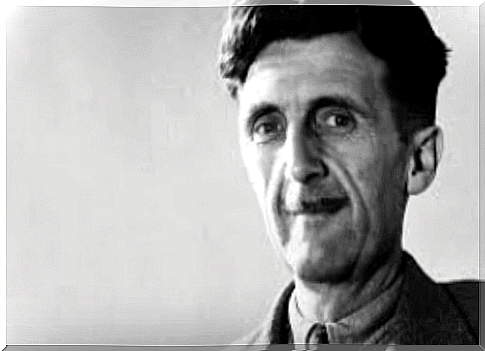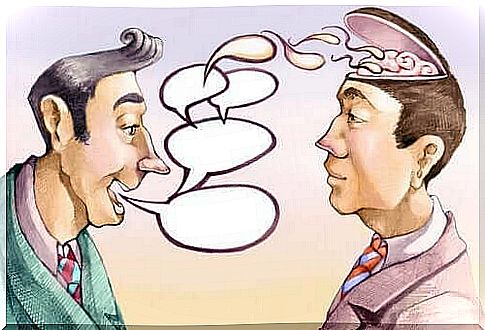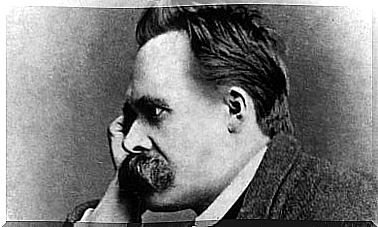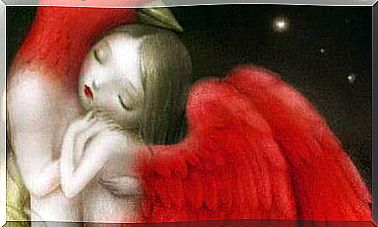George Orwell: Biography, Language Manipulation, And Totalitarianism

George Orwell was a British novelist, essayist and journalist. His novels The Farm of Animals and 1984 ensured that he became a household name in the writing world. His work, based on his personal experiences, can be divided into three very different categories, namely the following:
- First, his works are against British imperialism.
- Second, some of his works support democratic socialism.
- Finally, there are the works he wrote to denounce Nazi and Stalinist totalitarianism.
Orwell was one of the foremost essayists of the 1940s. His most important works are mainly focused on the resistance against fascism. The Spanish Civil War affected him deeply and he even took part in the fight against fascism.
His experiences during the Second World War also influenced his work. George Orwell has continued to write against totalitarian systems and the dangers of war.
His novel 1984 is his ultimate work against totalitarian societies. The world Orwell creates in this novel was the birthplace of the term “Orwellian,” which people use to refer to these kinds of societies.
In this novel he explored concepts such as manipulation of language, mental control and abuse of power. Using the dystopian setting, he presented a terrifying future world that people wanted to avoid.

His early life
George Orwell is actually Eric Arthur Blair’s pseudonym. The writer was born in Motihari, India, in 1903. His father was a British agent in the Opium Department of the Indian Civil Service. Young Eric was sent to England with his mother when he was very young. There he went to the best schools.
It was in these schools that George Orwell built friendships that influenced his early works. After his studies in Eton, he decided to work for the Imperial Police in Burma. He worked there for five years. During this period, his health deteriorated and he began to reject imperialism.
George Orwell and the War
Orwell left Burma and returned to England to publish some of his works. He went on to teach, but also worked for some time in a bookstore. Yet writing was his most important work.
He later went to live with one of his aunts in France, hoping to establish his name as a writer. His time in the Gallic lands, however, also proved to be a disappointment. When he returned to England in 1933, he decided to write under the name George Orwell. In 1936 he decided to travel to Spain to fight fascism in the civil war.
Although some of his friends, such as Hemingway, tried to discourage him, he finally arrived in Barcelona at the end of the same year. Idealistic at heart, he fought on the “Huesca Front” where he was wounded by a bullet in the neck.
His participation in the Spanish Civil War changed his view of the world forever. On his return from the war he had to stay in an English hospital because he suffered from a serious form of tuberculosis.
He then joined the Home Guard during World War II. He recorded his thoughts and experiences at the time in his work Diaries 1931 – 1949. Orwell worked for the BBC on programs designed to gain support from the East Asian countries for the Allied war effort.
Shortly before his death, he married Sonia Brownell. George Orwell then died of tuberculosis on January 21, 1950.
Totalitarianism and the Corruption of Language
George Orwell was fully convinced that totalitarianism and the corruption of language were intertwined. He claimed that political language distorted concepts and events.

1984 contains very important messages that support these ideas. One is a reflection on how a country’s government can change the structure of its language to block any thought of rebellion or disobedience.
Similarly, people involved in politics manipulate language in psychological manipulation campaigns.
He also wrote extensively on “doublethink,” which is the ability to hold two conflicting ideas in mind at the same time. In 1984 , he uses this kind of cognitive dissonance with concepts like the Ministry of Peace, which manages the war effort, or the Ministry of Abundance, which manages economic scarcity.
Without a doubt, language is the fabric of human thought for George Orwell. That’s why it’s so important to him. When a political organization centralizes control over language, it can restructure language in such a way that no one can ever question the absolute power of a government. This is totalitarianism.
A critical look
Sometimes literature or other forms of art can convey an important message. Dystopian literature makes people think about these issues. Orwell transports the reader to a frightening future, containing memories of our present.
He thereby encourages the reader to look critically and objectively at his own reality. How can a person change things? What can one do to avoid this terrible future? Orwell was a master of the genre and gave us one of the best dystopian masterpieces ever written: 1984.









